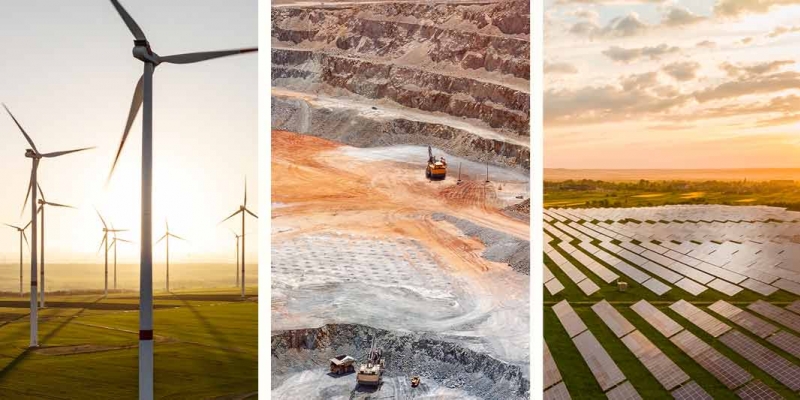Energy Research Experts
-
Director, Natural Resource Studies, Fraser Institute
-
Senior Fellow, Fraser Institute
-
Senior Fellow, Fraser Institute
-
Senior Fellow, Fraser Institute
-
Senior Fellow, Fraser Institute
-
Senior Fellow, Fraser Institute
-
Co-Director of the Institute for Regulatory Law & Economics, University of Colorado-Denver
-
Professor of Economics, University of Guelph
-
Senior Fellow, Fraser Institute
-
Professor of Law, University of Alberta














